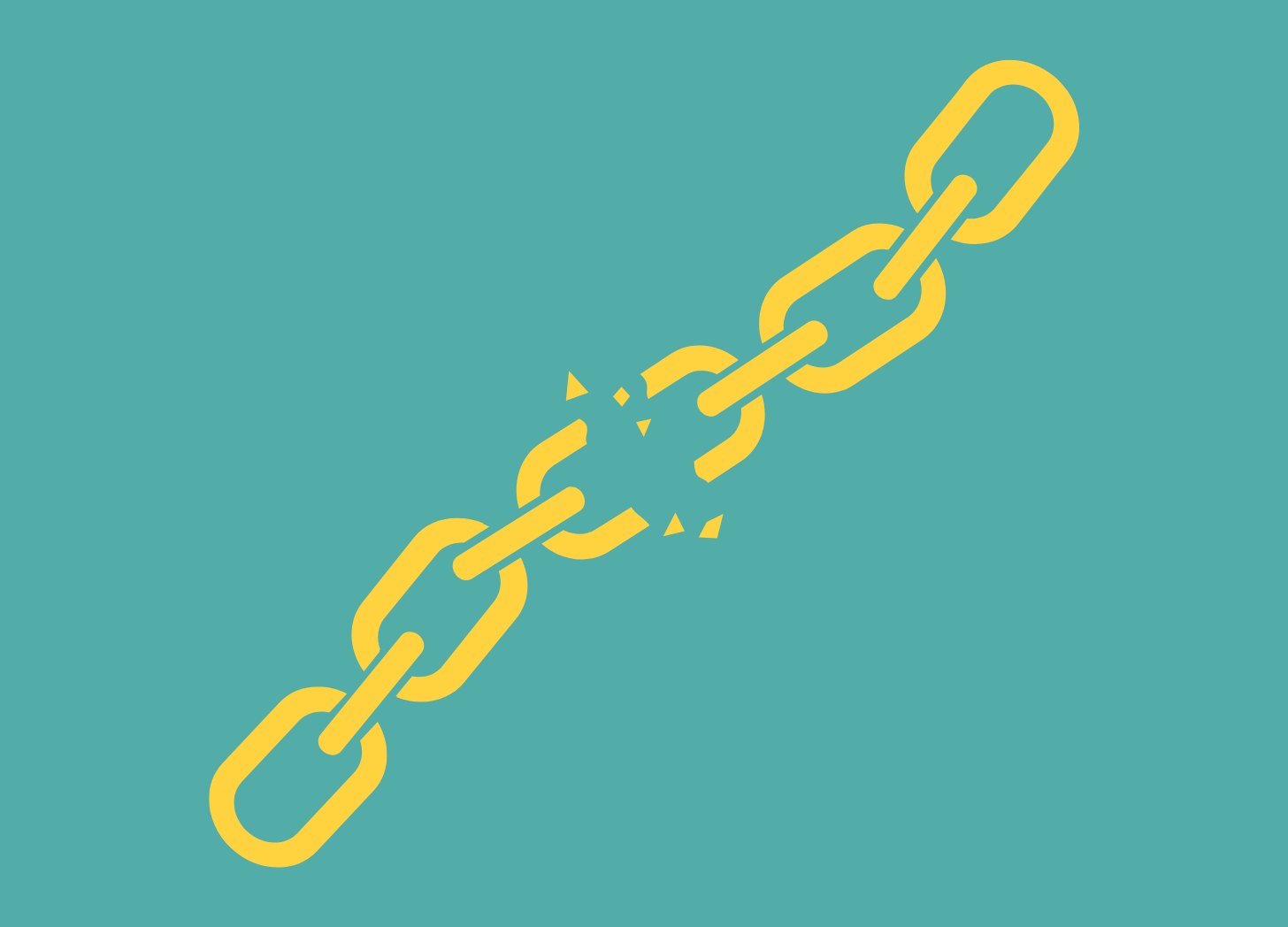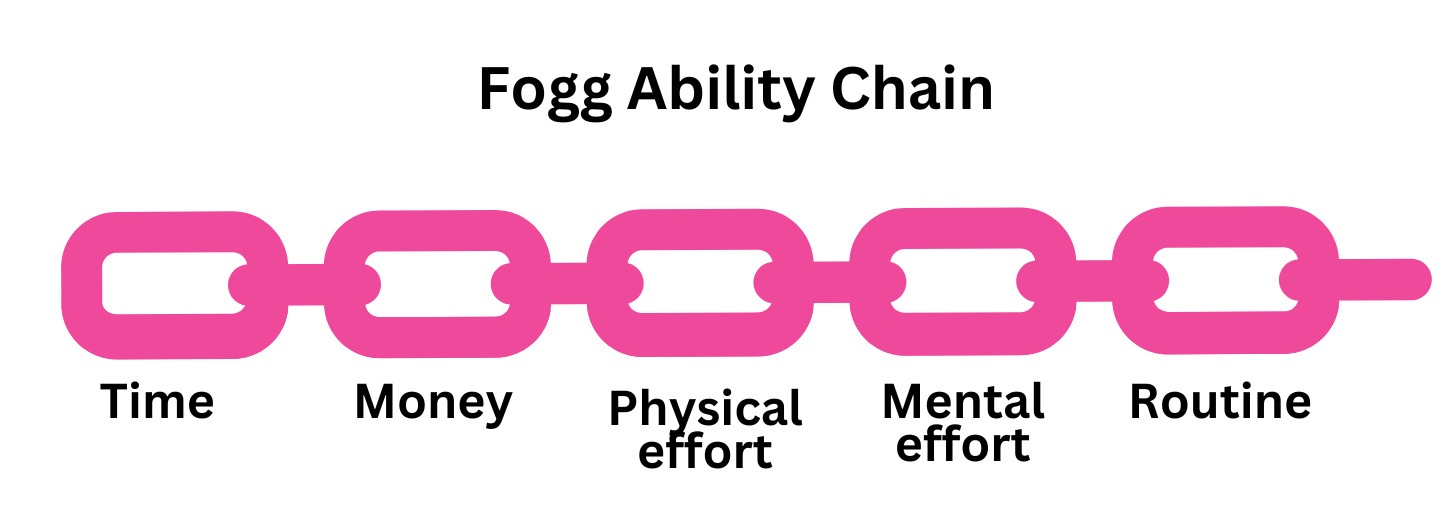Let’s talk behaviour change
You want to do the thing, you don’t do the thing, what’s going on?
Hey there, Bec here,
If you’re anything like me, there’s probably a few things you’d like to change about yourself.
This desire for growth and change is part of being human. We set resolutions because we’re driven by hope - a belief that we can be better, do better and shape our future. Our peppy persistence fuels creativity, progress, and resilience - even when we fail, we try again, because deep down, we believe change is possible.
But change is hard.
With all the pressure front-loaded on the new year, the results often fall short of our good vibes. Take this study from 1988 which tracked 200 ‘resolvers’ over two years. 77% maintained their pledges for a week while only 19% managed it for the full two years.1
This gap between hope and actual change is an exciting space for researchers to figure out what is going on. Social scientist BJ Fogg, founder of the Stanford Behavior Design Lab and author of Tiny Habits, offers one explanation.
What is making this behaviour hard to do?
In his many years of research, Fogg found that the barriers to behaviour change involve at least one of five factors. He calls them the ‘ability factors’ and often pictures them in a chain:
Time | Money | Physical Effort | Mental Effort | Routine
By identifying the weak links in our ability chain, he believes we zero in on the right problem to solve. Here are the discovery questions he uses to do just that:
Do you have enough time to do the behaviour?
Do you have enough money to do the behaviour?
Are you physically capable of doing the behaviour?
Does the behaviour require a lot of creative or mental energy?
Does the behaviour fit into your current routine or does it require you to make adjustments?
Once you identify your weakness, you can work on building your desired new behaviour. To move to this stage, Fogg suggests a ‘breakthrough’ question: How do I make this behaviour easier to do? He found there are only three answers to that question:
Increase your skills.
Get tools and resources.
Make the behaviour tiny.
The theory being that you start ‘tiny’ because that heightens your chance of success. The more you do the behaviour, the better you get; your skill increases, which boosts motivation and makes it more likely you’ll repeat the behaviour and before you know it, you’ve built a habit. Ta-dah!
“This is what makes the Ability Chain such a transformative tool. It allows you to shift into action without confusion, irritation, or exasperation.”
- BJ Fogg
Let’s say you’re a writer who struggles to make time to write. By identifying that weak link, you can explore what is going on and whether the issue is lack of time or an issue of prioritisation, scheduling or distraction. By scaling back writing to make it a tiny task, you can build skill, motivation and a routine.
Fogg’s framework offers a practical approach to identify and fix barriers to behaviour change. It can be helpful for writers to work through the ability chain and self-diagnose why writing feels hard. It offers a route through that barrier by encouraging small experiments.
While the ability chain is useful, it feels a tad simplistic. Writing, like many creative tasks, involves complex psychological and emotional barriers. His question asking if it requires ‘creative or mental energy’ barely scrapes the surface! As much as I love a neat explanation, I reckon the messy and non-linear nature of creativity isn’t quite as fixable as other behaviours.2
I feel a deep dive coming on. Over the next few weeks Chris and I will roll up our sleeves to investigate the unique rhythms and motivations of creative work and what stops us doing the thing we want to do.3
In the meantime, if you like this post, hit the heart or put a comment below. I’d love to hear if you’ve read Tiny Habits and what effect it had on you. Did it help to foster long term behaviour change? And was that for writing or another task? Let me know!
Keep writing, Bec
One conclusion is perhaps to only ever set goals for a week. But, enough of my hacks - it’s worth reading the article in full for all the juicy detail: Norcross JC, Vangarelli DJ. The resolution solution: longitudinal examination of New Year's change attempts. J Subst Abuse. 1988-1989;1(2):127-34. doi: 10.1016/s0899-3289(88)80016-6. PMID: 2980864.
Welcome to my TED Talk! My belief, nay obsession, with creativity being hard but that we can cope with it, is the hill I will die on. A hill made up of my abandoned writing projects…
Shout out to Madeleine Dore and her book I Didn’t Do The Thing Today which offers great comfort and wisdom when you don’t do the thing.







I’m here for this TED talk - reading your footnote Bec I feel seen!
I got really excited by the second reference, referring to your TED talk... Well, if this was a figure of speech then I'm disappointed you've not done a TED talk on this topic (yet!)